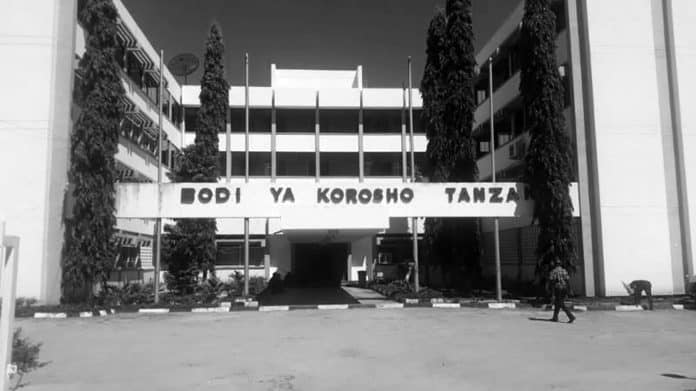A Quick Overview of the Cashewnut Board of Tanzania
About
The Cashew board of Tanzania [CBT] is a legal entity formed by Act Number. 18 of 2009. In carrying out its authorized tasks, it is charged with the obligation of regulating the growth of the Cashew Production in Tanzania. The Cashewnut Committee focuses more on improving the effectiveness and efficiency of the cashew nut entire sub-sector to meet the needs of various stakeholders and enable them to donate to national development.
Cashewnut Board of Tanzania Vision and Mission
Vision
By the year 2025, to be a highly qualified organization capable of offering regulatory, policy, and technical guidance for a modern, efficient, economically successful, and long-term Cashewnut industry.
MISSION
To promote, regulate, and control all aspects of the cashew sector in a cost-effective, efficient, and equitable manner. The Board will accomplish this by providing the highest quality services to all stakeholders.
Cashewnut Board of Tanzania Functions
The following are the functions of the Cashewnut Board of Tanzania as specified in the Cashew Bill Number.18 of 2009: –
To provide policy and strategy advice to the state on the growth of the cashew industry.
To advance the manufacturing, processing, as well as marketing of cashew nuts.
To aid with the development and research of the cashew industry, either directly or by financial support.
To control and regulate the grade of cashew nuts.
To gather, refine, and retain data or information on the cashew nut sector, as well as to use and share it.
To guarantee that the Cashewnuts Community Fund, established by the CBT Bill Number.18 of 2009, is appropriately managed.
To encourage and assist the development of organizations [or other entities] dedicated to or handling the cashew nut sector, as well as to coordinate their operations.
To develop and implement Cashewnut Regulations.

To assist cashew producers, processors, purchasers, or exporters with consulting and technical support.
To speak on behalf of the state in international forums
As the necessity arises, to perform various duties related to cashew industry advancements, such as:
To register or provide a license to Cashew-nut Buyers, Growers, Processors, Sellers, and Exporters.
To issue cashew nut buying as well as export permits and licenses.
To designate inspectors for the purpose of inspecting cashew-nut farms, production plants, warehouses, and any other structure that may be checked in order to carry out better the terms of the Cashewnuts Industry’s Act of 2003.
Cashew Board of Tanzania FAQs
- A) On the CBT website, where can I find regulations, publications, as well as forms?
Resources -> Downloads -> Guidelines
- B) Medium-scale cashew-nut processors receive training in cashew-nut manufacturing.
Training for cashew-nut processors is based on funding availability, and it is a multi-stakeholder effort involving local governments, regulatory agencies, donors, the private sector, research institutions, and others. Workshops, group training, site visits, and seminars are all options for training.
- C) What is the Primary Market?
The primary market is a method established to allow native processors to obtain cashew nuts from local farmers through the AMCOS [Agricultural Marketing Co-operative Societies] for processing all year round in their local manufacturing facilities.
The requirements for procuring unprocessed cashew nuts via the primary market both for the 2021 and 2022 seasons provide additional information on the purchase of marketing systems, purchase permits, cashew-nut quality control, transportation, payment process, and reporting.
- D) What are the steps to getting a cashew industrial processing license?
A factory must be owned, rented, or leased by the applicant. It is necessary to produce proof of employment or lease to the Cashewnut Board of Tanzania.
The candidate will write a well-crafted letter to the Directorate General of the Tanzanian Cashewnut Board, attaching the following supporting documents:
- A business license.
- Registration Certificate
- Taxpayer Identification Number (TIN)
- Agreement deals in the event of being hired or leased.
The letter must include the following information: location, company name, plant capacity, and processing technology used.
Before being licensed, the factory must be examined and certified by Cashewnut Board of Tanzania.
NB: The owner of a processing license is required to follow the Cashewnut Industrial Laws 2010’s rules and guidelines controlling the factory’s operation [Rules 47 – 49].
For more articles related to Government of Tanzania and the Society (Community), click here!


































